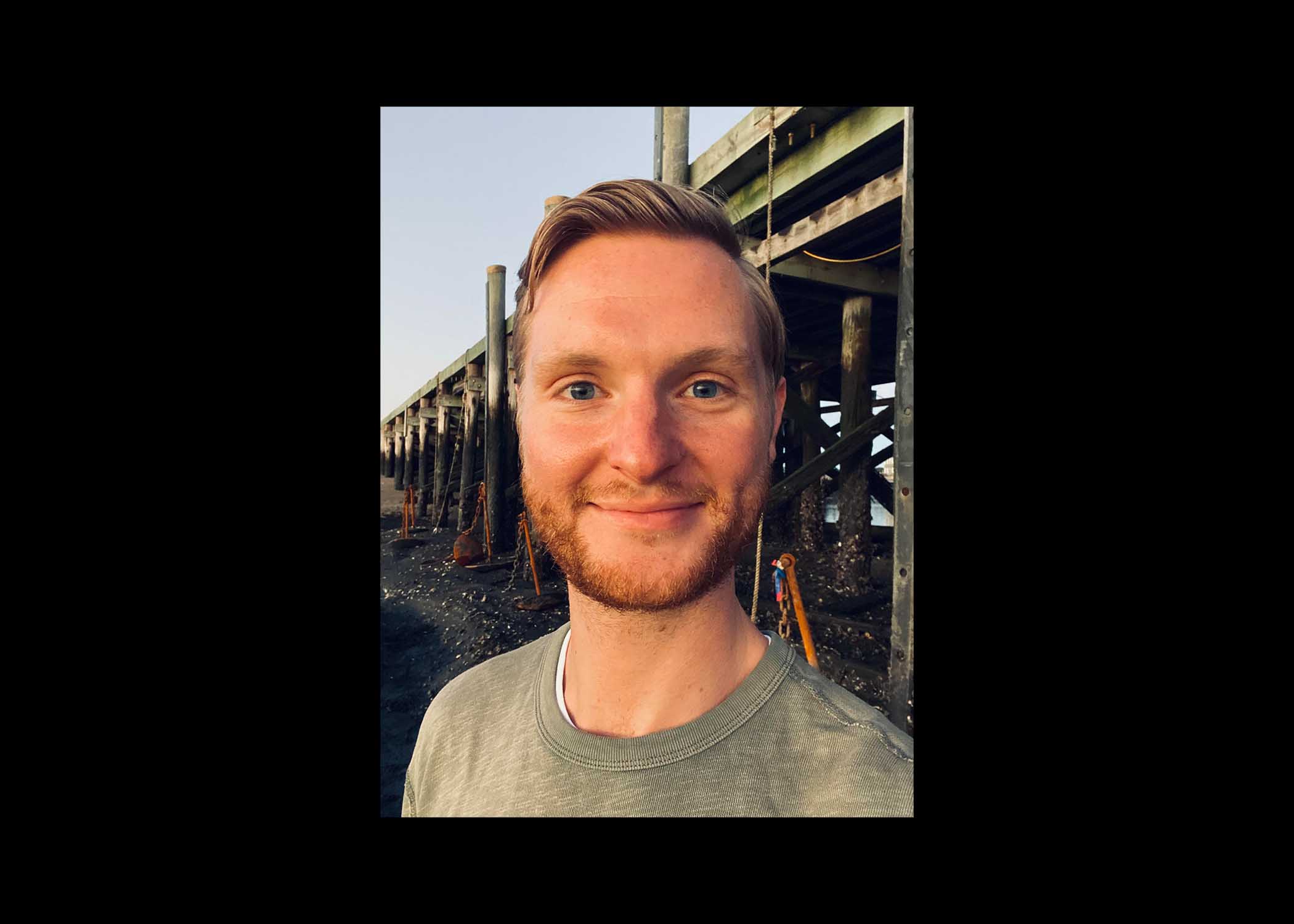Alumni Feature: Trevor Baier (’14)
“Being led to encounter great, fundamental ideas—and to take them seriously within community—began to dismantle my hubris and inculcate humility in its place. I was introduced to the nuances of a wide range of domains and had to reckon with the sophistication of thinkers far more insightful than I, throughout time.”

This fall, we connected with a number of young alumni from The King’s College to hear how they’re spending their time. How do they reflect on their years at King’s, and what has it looked like in practice for them to pursue the mission of shaping institutions? Read more alumni stories here.
Name and Graduation Year
Trevor Baier, B.S. Business Management, 2014
Current Occupation
I am a Senior Capital Markets Consultant at a company called Capco: a global management consulting firm focused on Financial Services. At Capco, I help leading financial institutions design and implement new technology platforms, exponentially increase the efficiency of systems and teams, and reduce risks inherent to their business models, all while exceeding the demands of their clients, regulators, and business strategy.
What does a typical day look like for you?
Up & at ‘em, good coffee, and some quiet morning time to collect my thoughts and plan my day. I will often have early work calls or meetings with colleagues in Europe or Asia, then I can focus on things closer to home. I can’t sit still all day, so I try to mix in breaks to go out for a quick walk and move, as well as make and eat a healthy meal. Around 5pm I try to take an extended break to decompress (maybe go for a bike ride or jump in the ocean) and work on personal projects while there is daylight. I love to cook, so dinner is an event. Then it’s off to somewhere I can watch the sunset with my wife, ideally over water. After dark, I’ll sometimes start a “second shift” which consists of any remaining work-related communications for my colleagues overseas before their morning or, more recently, endlessly researching baby gear as we prepare to welcome our first child. Then I spend an hour or so reading before I go to sleep.
How did your experiences as a King’s student (either in class or outside of it) give you a deeper perspective that you now use in your day to day?
My time at King’s was unquestionably among the most transformative periods of my life, as I transitioned from adolescence to adulthood. Like a fish unaware that it’s in water, I arrived on campus with a personal and intellectual hubris which manifested in quite a blatant way of seeing the world, without regard for important nuances and distinctions. I was pretty sure I already knew how things worked.
Being led to encounter great, fundamental ideas—and to take them seriously within community—began to dismantle that hubris and inculcate humility in its place. I was introduced to the nuances of a wide range of domains and had to reckon with the sophistication of thinkers far more insightful than I, throughout time. I reconciled with the likelihood that, in many discussions about many topics, I could be wrong about something important, and thus every good-faith interaction with someone of a differing point of view was actually an exciting opportunity to learn and grow, rather than a personal attack or failure. I became obsessed with seeking out those interactions and truly animated by a love of learning.
The effect of this development led me to grow into a certain kind of person: one who loves ideas and takes them seriously, who appreciates the corrective value of thoughtful disagreement, and who can now leverage this way of being in every personal and professional domain for life. To me, this conveyance of learning to become a certain type of person is at the core of what differentiates the liberal arts, specifically the liberal arts grounded in the truths of Scripture, from other kinds of education. Its outcome is no less than personal transformation. This is the concrete manifestation behind the cliche about “learning how to think.”
In what ways do you see your current work contributing to God’s restoration of the world (or whatever larger purpose you see yourself as part of)?
In both my personal and professional life, the two themes which seem to tie everything together are serving others and fighting entropy. I became a consultant because I love helping my clients and the result of most of my projects is (hopefully) bringing order to disorder. In my personal life, whether by mentoring high-school students, serving through my church, or setting aside the time to be a present husband and father, my mission is to follow Christ in His mission to transform lives and renew all things.




